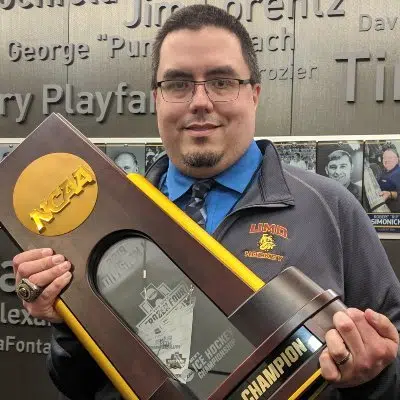By Eric Cox
WAYNE, Michigan (Reuters) – Hundreds of people, including auto workers on the night shift and their supporters, gathered at a Ford assembly plant in Wayne, Michigan as members of the United Auto Workers (UAW) union walked off the job to begin a historic strike.
The first-ever simultaneous strikes against the “Detroit Three” automakers, including General Motors and Chrysler parent Stellantis, kicked off early on Friday after the union and companies failed to agree on new contracts.
“This is what union looks like,” said Mike Lester, a supporter who works at a supplier to the major automakers.
“It’s organized. We’re (here) to make sure … Ford pays their fair share to their employees.”
On Thursday, Chief Executive Jim Farley warned of a grim scenario if Ford acquiesced to union demands for a 40% hike in pay, an end to a tiered wage system that pays new hires less than veterans and a return to defined-benefit pensions.
The UAW proposals would “put us out of business,” he said.
But UAW President Shawn Fain has said Ford could have funded better pay and benefits for workers if it curtailed stock buybacks and dividends to shareholders. Ford reported returning $2.5 billion to investors in 2022.
As the strike began, Fain and Debbie Dingell, a Democratic U.S. representative from Michigan, were among the high-profile visitors to Ford’s Wayne plant, where about 3,300 UAW members assemble popular Bronco SUVs and Ranger pickup trucks.
“I’m just here to support the workers,” Dingell said.
“They want to see cost of living adjustments. They’re working on assembly line … and different people are working at different tiers, but doing the same job. So they want to get rid of the tiers and they want job security.”
Fain has not ruled out more drastic action, such as full company-wide strikes, if a deal cannot be reached.
One supporter of striking workers at the plant, a 38-year GM veteran who declined to give his name, said he did not think the industrial action would stop until the automakers gave into the union demands.
“We deserve what we deserve,” he said.
(Reporting by Eric Cox; Writing by Jamie Freed; Editing by Clarence Fernandez)


